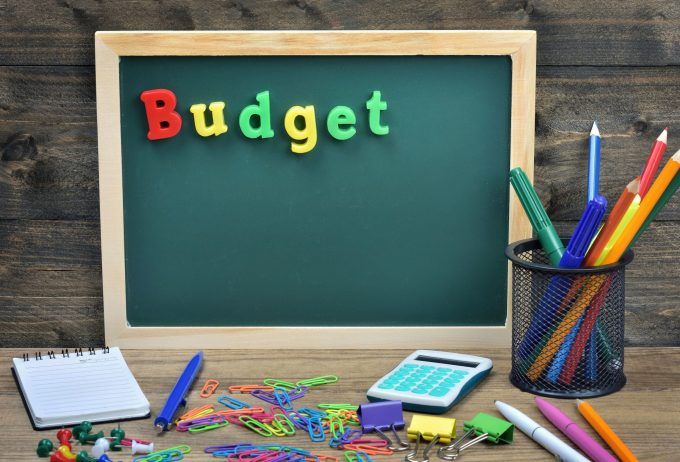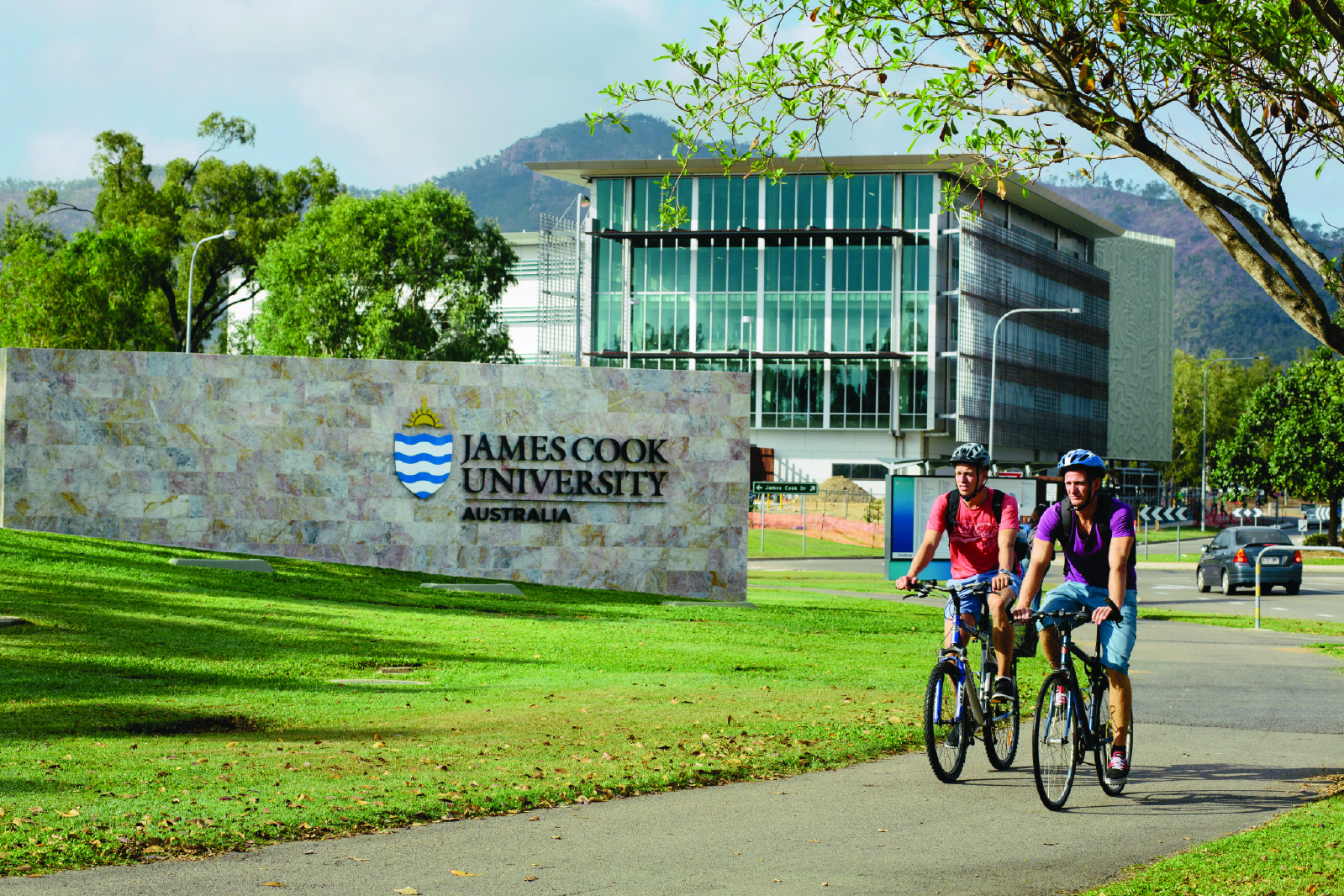Union voices speak on National Action Plan
Met with cautious optimism across the sector, Education Minister, Jason Clare’s newly announced National Plan to address the teacher shortage promises more staff and teaching time. School News spoke with state Education Departments, unions and teaching associations to find out whether educators support the plan.

Background
The teacher shortage is an issue of concern for all States and Territories with schools across the sector facing shortages. Particularly hard-hit are schools in rural, remote and regional areas as well as specialist subjects areas such as languages, science, mathematics and special education.
At a roundtable meeting in August, Federal Education Minister Jason Clare promised the assembled representatives from teaching associations, unions and states, a National Teacher Workforce Action Plan to increase the number of people entering and remaining in the profession.
The National Teacher Workforce Action Plan will include actions in the following priority areas:
- Elevating the profession
- Improving teacher supply
- Strengthening initial teacher education
- Maximising the time to teach
- Better understanding future teacher workforce needs.
A working group of representatives from peak education bodies was tasked with the goal of developing the plan to be delivered in December 2022.
When will the Plan be developed?
According to Andrew Pierpoint, President of the Australian Secondary Principals Association (ASPA) and one of the committee members, there is a December deadline vital to the plan’s success:
“There needs to be a sense of urgency around it, and unless we set some hard timelines it will wander ad infinitum. Education is a serious thing. The kids in our schools right now are the Australia of tomorrow.”
The Action Plan is expected to include a series of goals and solutions – medium-term goals of three to five years, longer-term goals of more than five years and immediate solutions, what can be done now.
He explained that process will unfold over the next few months: “The committee is breaking into working groups and each will focus on one of the five different priorities. We have been given a template to work to and over the next two months we will each go back to our constituents and consult with them.”
Read our earlier article looking at proposed short and long-term solutions to the teacher shortage crisis here
Who has a seat at the table?
When asked if everyone who needed to be at the table, had a place, Andrew Pierpoint was clear: “Everyone who needs to be there is there.”
He said: “The committee has fifteen people made up of representatives from the principals’ associations (primary, secondary and special) plus the unions, and senior officials from each state department with federal people leading it.
“Minister Clare and his team have taken a hands-off approach. He’s not a teacher but he’s prepared to listen – that’s his MO – so the people who are going to implement the solution are the ones who are developing the solution. It’s refreshing.”
This sentiment was echoed by Correna Haythorpe, Australian Education Union Federal President, who said: “For the first time in nine years, we have education ministers working with the teaching profession, and their union to find solutions for issues that principals, teachers and education support staff across the country have been grappling with for years.”
How about student teachers?
Associate Professor Terri Bourke QUT and President of the Australian Teacher Education Association (ATEA) suggested two seats might be missing: “I am sure that all the teachers who were invited will do a great job, but it was noticeable that there were no teacher educators at the table. They understand the theory of practice and the practice of theory and how these intersect in schools and universities.
“I also wondered where the student voice was, the pre-service teacher voice and perhaps looking further afield to see what is going on in other countries,” she said: “Australia is not the only country where these issues are occurring.”
Solutions require more than money
“People won’t be surprised by the solutions – they need to be achievable. Catholic schools have no teachers. Independent schools have no teachers. Government schools have no teachers – we are all in this together, so it’s time to roll up our sleeves,” says Pierpoint: “There was a time for talking, and now is the time for action.”
There will not be any costings attached to the National Action Plan.
Pierpoint pointed out that solutions will focus on strategic changes that go beyond funding: “A lot of the potential changes will be to do with established business practices.”
He said: “Changing old habits is hard, but we shouldn’t keep doing things the same way just because that’s the way we’ve always done them.”
Still, it is clear that funding will be a major component of a long-term solution.
A “plan by itself will not resolve the crisis,” Haythorpe reiterated: “It must be backed by action and funding from the Commonwealth, State and Territory governments.”
Initiatives around the states
Teacher shortages in general are not a new problem, and states and territories have been working to develop their own solutions for some time, many of which will likely make their way into the National plan.
What are some of them?
“The NSW Strategy was launched late 2021 and is a 10-year plan that includes a range of innovative initiatives such as FastStream and the Mid-Career Transition to Teaching program, which are designed to create a diverse and sustainable pipeline of teachers to support our students into the future,” a NSW Department of Education spokesperson told School News. They expect “many of our $125 million Teacher Supply Strategy initiatives [will be] incorporated into the National Plan”.
Initiatives from the Tasmanian action plan include an accelerated assessment for permanency for high-quality, fixed-term teachers, a program to attract existing degree holders into the teaching profession, increases in funding for intern scholarships and a pilot program supporting Lead teachers to progress their careers while remaining in the classroom where they can have the greatest impact on student learning.
A representative from the Tasmanian Department of Education representative told us that while “staffing is complex”, they have invested record amounts into their education system: “Since 2018, we have appointed 320 permanent teachers through targeted annual campaigns, focusing on regional and hard-to-staff schools and specialisations.”
In Western Australia, teachers were added to the WA Skilled Migrant Occupation List in July last year, as part of efforts by the State Government to bring more skilled workers to the state.
West Australian Education and Training Minister, Sue Ellery told us: “We recruit [teachers] through a combination of university graduates, recruitment pools, Teach for Australia, the Leap Program, interstate and overseas recruitment, and Limited Registration of Pre-Service Teachers.
“All of these contribute to the system’s ability to provide enough teachers for our schools. The State Government also added an additional 194 occupations to the Graduate Occupation list – including teachers – earlier this year to attract more international students to study in WA.”
School News will continue to report on the National Action Plan as more information becomes available.
Link to earlier articles:
Can Hospitals Help us Address the Teacher Shortage? – SchoolNews – Australia (school-news.com.au)








A national plan might be exactly what is needed to help bring teachers the respect they deserve and once more make it a desirable career path. Hopefully it is well implemented and hits its goals.